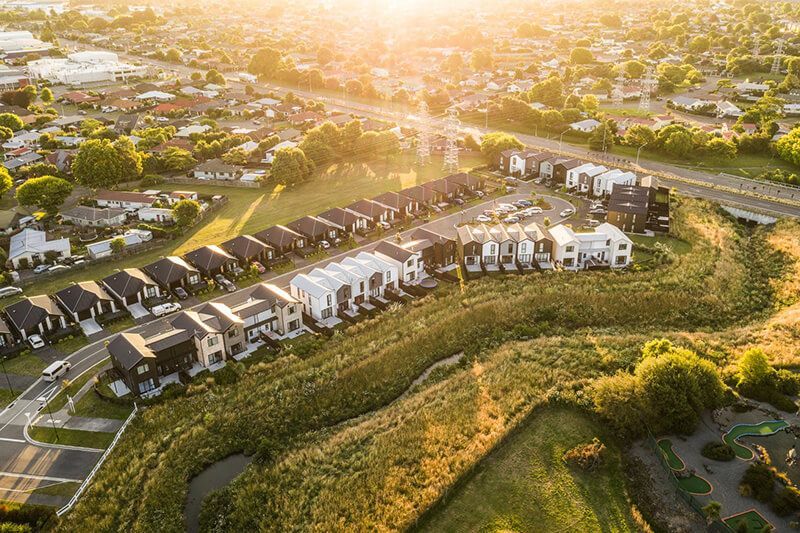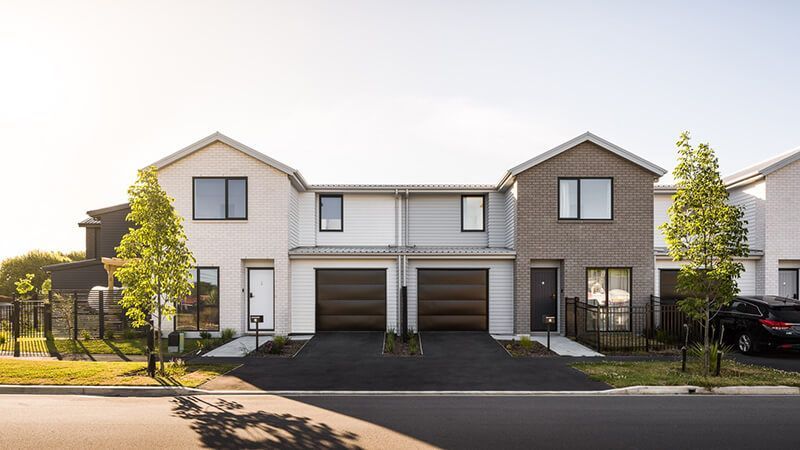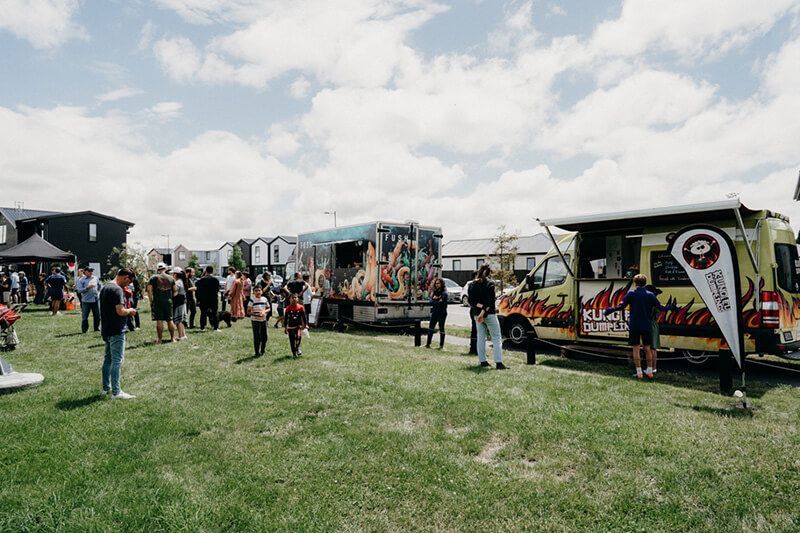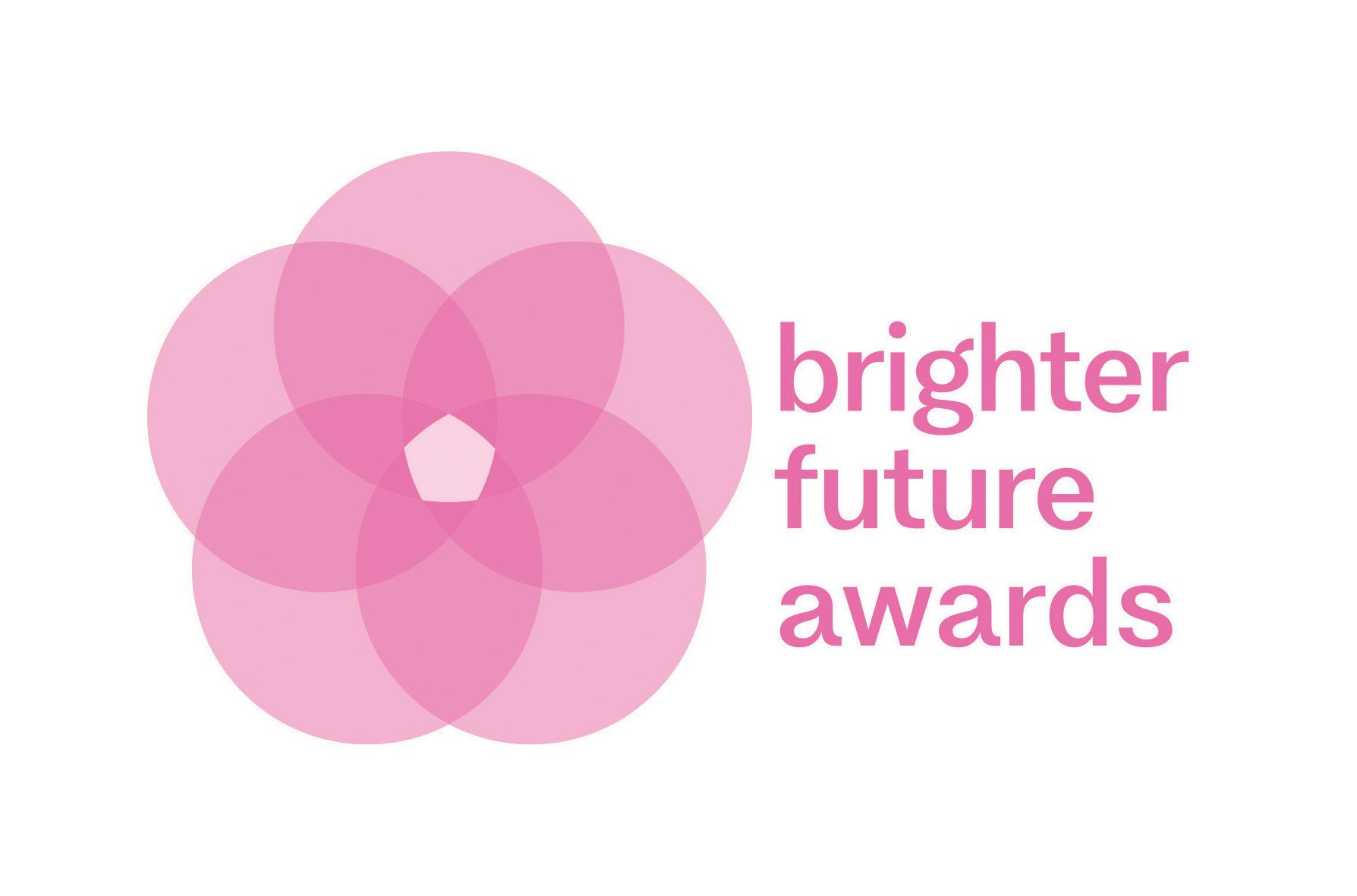February 14, 2025
About the Australasian Housing Institute The Australasian Housing Institute (ahi) is a professional body for workers in the social and affordable housing and Specialist Homelessness Service (SHS) sectors across Australia and New Zealand. It has Branch Committees in each state and territory, as well as in New Zealand. The ahi is submitting a response to the Draft NSW Homelessness Strategy (the Strategy), representing the collective feedback of the NSW Branch Committee, with the support of the entire ahi organization. With over 2,000 members across NSW, ahi members work in both government and non-government housing organizations. The ahi has a long history of collaborating with SHS, Specialist Disability Services, and other mainstream services, including health, education, and local councils. For the past 25 years, ahi has been proudly delivering training for industry housing professionals across a wide range of areas, including tenancy management, asset management, and governance. The ahi also hosts masterclasses and networking events to support its members. The ahi provides professional development to the workforce through: Training and knowledge-building on a range of issues relevant to social housing professionals, from induction programs for new workers to advanced and specialized training in areas such as asset management, trauma-informed approaches with applicants and tenants, personal development, and community participation. A mentoring program that pairs experienced professionals with newer or younger members to help them achieve their career aspirations and goals. A certification program for social housing professionals to uphold professional standards and ensure success in their area of expertise. Leading the Annual Brighter Future Awards, which recognize excellence in the social housing industry. Promoting active, engaged, and connected membership through the delivery of topical events, seminars, webinars, masterclasses, and more. As a member-based professional body, the ahi is uniquely positioned to build trust, enhance skills, and foster relationships across both the government and non-government sectors, as well as between organizations. Summary The ahi congratulates the NSW Government on its significant investment of $6.6 billion in the 2024 budget, aimed at tackling the unprecedented housing stress and the rising numbers of individuals experiencing homelessness driven by the ongoing rental crisis in both the private rental and social housing sectors. The Strategy for 2025-2035 is highly commendable, with its three core goals—rare, brief, and non-repeated—standing out as ambitious and impactful objectives aimed at addressing homelessness. These goals are set to bring about significant changes in the social housing system and provide a clear policy framework to guide efforts toward achieving meaningful outcomes over the next decade. The ahi recognizes the importance of this Strategy and the critical role that the social and affordable rental housing system plays in meeting these goals, emphasizing the need for genuine, whole-of-government collaboration in delivering results. This approach involves collaboration across government, the not-for-profit community housing sector, and mainstream services, all supported by SHS’s within a Housing First framework and guided by a clear governance structure. It marks a shift from a deficit-driven perspective to a solution-focused, positive approach. The success of this transformation relies on collective efforts through co-design, co-evaluation, and co-delivery, ensuring the long-term effectiveness of the change. For this paradigm shift to succeed, it will require a skilled, committed, and dedicated workforce, as outlined in Principle 8 (The Workforce is Strong and Capable). Recognizing the need for a sustained, locally connected workforce is crucial to addressing the diverse needs of individuals experiencing homelessness across all three phases of their journey. In its feedback on the Strategy, the ahi emphasizes the importance of focused attention on homelessness and social housing workforce planning, professional development, industry support, and the need for culturally competent workers—both paid and voluntary—who bring diversity, inclusion skills, and lived experience. Finally, the ahi urges that Principle 8, which highlights the strength and capability of the workforce, be prioritized, particularly in supporting First Nations people experiencing housing stress and homelessness, with a long-term vision extending beyond the next 10 years. Detailed response The following is more a detailed response from the ahi to the questions outlined in the consultation paper for the Strategy. SECTION 1: The Guiding Principles of the Strategy 1. What do we need to consider as we implement services and system reform guided by these principles (total 9) over the next 10 years? As we implement services and system reform guided by these principles over the next 10 years, the ahi suggests the following approaches be prioritized: Workforce planning should be a key focus in the first rolling action plan (2025-2027), with an emphasis on forecasting the ongoing skills and competency needs throughout the life of The Strategy. This will ensure the workforce is equipped to meet evolving demands. Increasing the supply of dwellings to address crisis, transition, and permanent housing needs must be matched by a parallel increase in the workforce. This includes expanding both paid employees and volunteers within social housing, community housing organizations, and Specialist Homelessness Services (SHS). A well-supported workforce is essential to ensuring the successful and sustainable delivery of outcomes envisioned by the Strategy. Skilling workers who assist First Nations people experiencing homelessness should be prioritised. This requires a culturally competent workforce at all levels to provide high-quality services and ensure that First Nations people do not experience repeated homelessness. By focusing on cultural competence, we can foster better outcomes and long-term stability for these communities. 2. Which Principle should be prioritized and why? The ahi fully supports all nine Principles, with particular emphasis on Principle 8: Workforce is Strong and Capable, as being foundational. Addressing homelessness is a person-centered solution that requires culturally competent employees and volunteers who can establish strong, supportive networks with wraparound services at the local community level. This is essential to meeting the evolving needs and remains a high priority in the First Action Plan (2025-2027). Ongoing professional development for workers is crucial to ensuring long-term success in meeting the changing social, economic, and environmental needs of those living in quality housing. It is also vital for ensuring tenants not only live well but stay connected to their communities. Supporting the workforce’s safety and wellness is key to maintaining a capable, resilient workforce, which in turn ensures the best possible quality of housing, management, and support for tenants. SECTION 2: Strategy focus areas: 1. To make homelessness rare, what should NSW prioritise for action and why? The ahi believes that adequate funding for SHS’s is essential to ensure they are properly resourced to assist individuals at risk of or in a crisis state of homelessness at the point of need. The ability to identify risks and allocate resources effectively for intake assessments and service coordination is key to early intervention and prevention. A triage system is vital for facilitating positive outcomes, aiming to make homelessness a one-off experience. The ahi also supports dedicated funding for staff training and development in this field, recognizing its importance in preventing homelessness from becoming a long-term issue. Investing in training allows for timely and appropriate interventions, helping to break the cycle of homelessness early on. 2. What opportunities and risks are there for implementing actions under this outcome? Delaying action in assisting individuals experiencing homelessness can lead to a loss of faith and hope in the NSW housing system, pushing them toward the justice system or, in the case of older people or women escaping domestic violence, even premature death. Implementing this outcome presents an opportunity to build a culturally competent, and trauma-informed workforce, a key factor to transforming lives while simultaneously increasing the supply of housing. Supporting a resilient workforce, where high job satisfaction is fostered, creates committed and effective workers who can make a lasting difference. 3. What types (s) would be most useful to measure our impact and why? A key target in the First Action Plan (2025-2027) is to reduce the number of people on the social housing waitlist during the reporting period. This measure will serve as an indicator of success and validate the effectiveness of early intervention policies in preventing homelessness. Additionally, setting targets for the number of employees and volunteers in the social housing and SHS sectors, as well as tracking turnover rates, is essential to assessing the success of building a stronger, more capable workforce. 4. To make homelessness brief, what should NSW Priorities for action & why? Domestic violence, family abuse, and coercive control are major causes of homelessness among women, with the number of homeless women and children increasing according to the latest data. Adequate funding for this vulnerable group is a top priority. Supporting these women has a profound impact on their recovery, resilience, and ability to raise their children, leading to positive generational outcomes in the long term. The rising trend of older women experiencing homelessness for the first time also requires early intervention to prevent premature death. 5. What opportunity and risks are there for implementing actions under this outcome? The continued trend of women dying as a result of domestic violence and family abuse is deeply concerning. In 2024, 14 older women aged 55 and over were killed, a distressing statistic according to the Commissioner for Domestic and Family Violence, Michaela Cronin. These women are at a higher risk of vulnerability, often with no support systems to rely on. Implementing actions under this outcome presents a crucial opportunity to save lives, reduce the number of women experiencing both domestic violence and homelessness, and help them rebuild their lives. 6. What types of target(s) would be useful for measuring our impact and why? Reducing the number of women who die as a result of domestic violence and family abuse during the First Action Plan (2025-2027) is an important metric to track and report, demonstrating the efficacy of The Strategy. Individual success stories are powerful testimonies that show the goals of the Strategy are benefiting both individuals and the housing system. The skills required for employees and volunteers in this area demand dedicated funding and training resources. Implementing a measure to evaluate the outcomes of training courses would be valuable, helping to refine and improve the content and application of these programs. 7. To ensure homelessness is not repeated, what should NSW prioritize for action and why? First Nations people are overrepresented in experiencing homelessness and face significant challenges in breaking the cycle. Priority should be given to this group under the Housing First Principle, supported by skilled and capable staff and volunteers, to empower them and prevent repeat homelessness. Rental tenancy laws in NSW should be reviewed, particularly regarding the cessation of tenancy due to prolonged absences. Cultural customs related to death and bereavement (Sorry Business) should be recognised as acceptable reasons for absences and incorporated into tenancy policies. 8. What opportunities and risks are there in implementing actions under this outcome? The risk of not achieving the goals outlined in the National Agreement on Closing the Gap for the NSW Government is significant if priority is not given to properly housing and supporting First Nations people. There are valuable opportunities in collaborating with Aboriginal leaders through a co-design, co-evaluation, and co-delivery approach. Their collective commitment to improving the lives of Aboriginal and Torres Strait Islander people can lead to positive outcomes in housing, health, education, employment, justice, safety, and inclusion. 9. What types of target(s) would be most useful to measure the impact and why? Increase the number of Aboriginal workers with certified qualifications across various areas of the Aboriginal housing sector. Aboriginal tenants depend on highly qualified and culturally competent workers and volunteers to help build their resilience and prevent repeated homelessness. Regular customer satisfaction surveys should be conducted to measure tenants’ satisfaction levels and identify areas of strength and improvement. Conclusion The ahi supports an ambitious supply growth program throughout the life of the Strategy to address homelessness in NSW. With 63,260 households (based on 2023-2024 data) currently on the waiting list, it is crucial to reduce this number over the next 10 years through the rolling action plans. Successfully delivering the Strategy will require a skilled, trauma-informed, and competent workforce to implement an integrated housing system. While workforce planning is mentioned as one of the nine principles, its lack of detailed planning is concerning. The ahi strongly suggests that the principles of co-design, co-evaluation, and co-delivery be incorporated from the outset in developing the rolling action plans. The ahi thanks the NSW Government for the opportunity to submit feedback and for its ongoing consideration of building a strong and capable workforce that is recognised and supported by a broad range of industries. The value of including people with lived experience and their unique knowledge and skills cannot be overlooked as an essential voice in this transformative process. Contact NSW Branch Committee - Australasian Housing Institute admin@housinginstitute.org www.theahi.com.au (02) 6494 7566 Date submitted: 11/2/25 Submitted to: Homelessness.strategy@homes.nsw.gov.au











